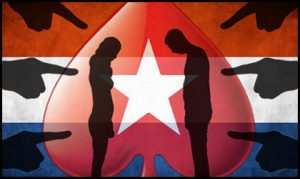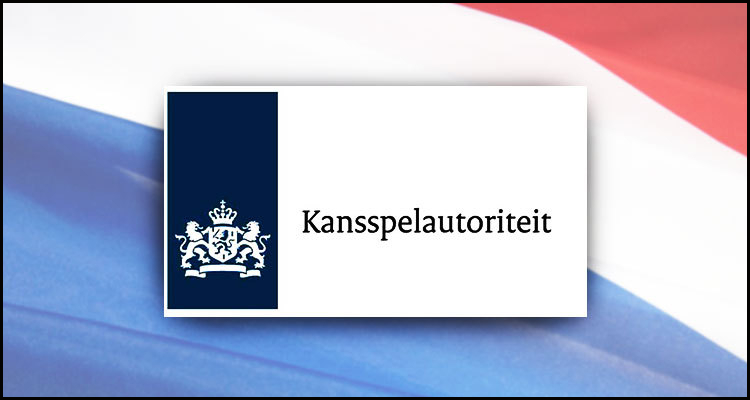A subsidiary of prominent online casino operator, The Stars Group Incorporated, has reportedly been ordered to pay a fine of €400,000 ($436,910) after it was found to have offered its services to players in The Netherlands without a license.
According to a Monday report from CalvinAyre.com, the Kansspelautoriteit (KSA) levied the financial penalty against TSG Interactive Gaming Europe Limited following the conclusion of an official investigation into the domain at PokerStars.eu. This examination was purportedly conducted during the second half of 2018 and had determined that the site had broken numerous regulatory red lines including allowing punters to access its services using a Dutch IP address.
Further grounds:
CalvinAyre.com reported that the KSA also cited the online poker domain’s failure to add The Netherlands to its list of excluded territories, its utilization of the local iDeal online payment method and its provision of Dutch-language services as contributing factors in its decision. Last year’s probe had purportedly additionally discovered that some 33,000 Dutch players had accessed PokerStars.eu during a six-week summer period and that the site had subsequently processed almost 225,000 transactions via the iDeal system.
Link dilemmas:
As if all of that wasn’t enough, the KSA reportedly alleged that  PokerStars.eu had further incriminated itself by featuring links to a pair of local problem gambling programs and had responded to an official January approach by eliminating its use of the iDeal payment method and its Dutch-language services. Toronto-listed, The Stars Group, responded by declaring that it had only included the two links on the advice of the regulator and ‘regrets that this is now being used against’ its domain.
PokerStars.eu had further incriminated itself by featuring links to a pair of local problem gambling programs and had responded to an official January approach by eliminating its use of the iDeal payment method and its Dutch-language services. Toronto-listed, The Stars Group, responded by declaring that it had only included the two links on the advice of the regulator and ‘regrets that this is now being used against’ its domain.
Licensing setback:
The sanction means that TSG Interactive Gaming Europe Limited and the domain at PokerStars.eu will now likely be temporarily prevented from obtaining a Dutch iGaming license when The Netherlands goes live with a regulated online gambling market, which is an eventuality that is expected to occur in January of 2021. It detailed that the KSA will probably start accepting license applications from July but has furthermore proposed instituting a two-year ‘cooling off’ period for any operator or site that have been found to have previously violated its rules.



